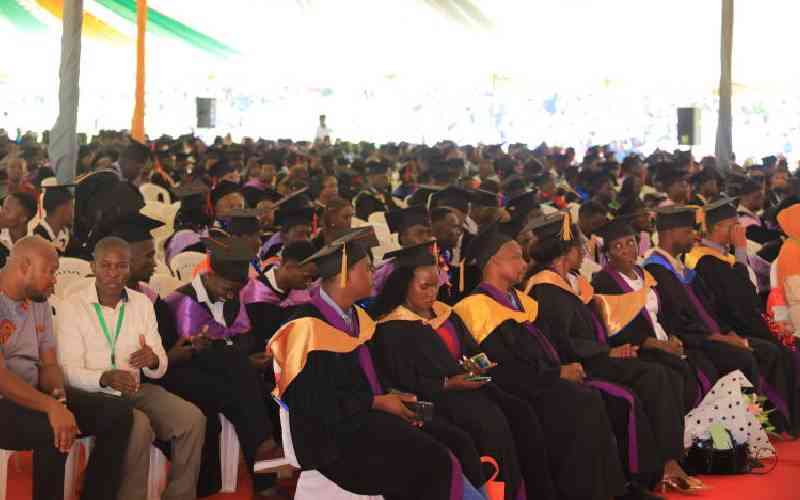×
The Standard e-Paper
Kenya’s Boldest Voice

It is important for the governmemnt to rethink the new financing model for university education as it will disadvantage students from poor backgrounds.
When a clear criterion is not in place to ascertain the neediest of students, then we know that the system is open to manipulation and abuse.